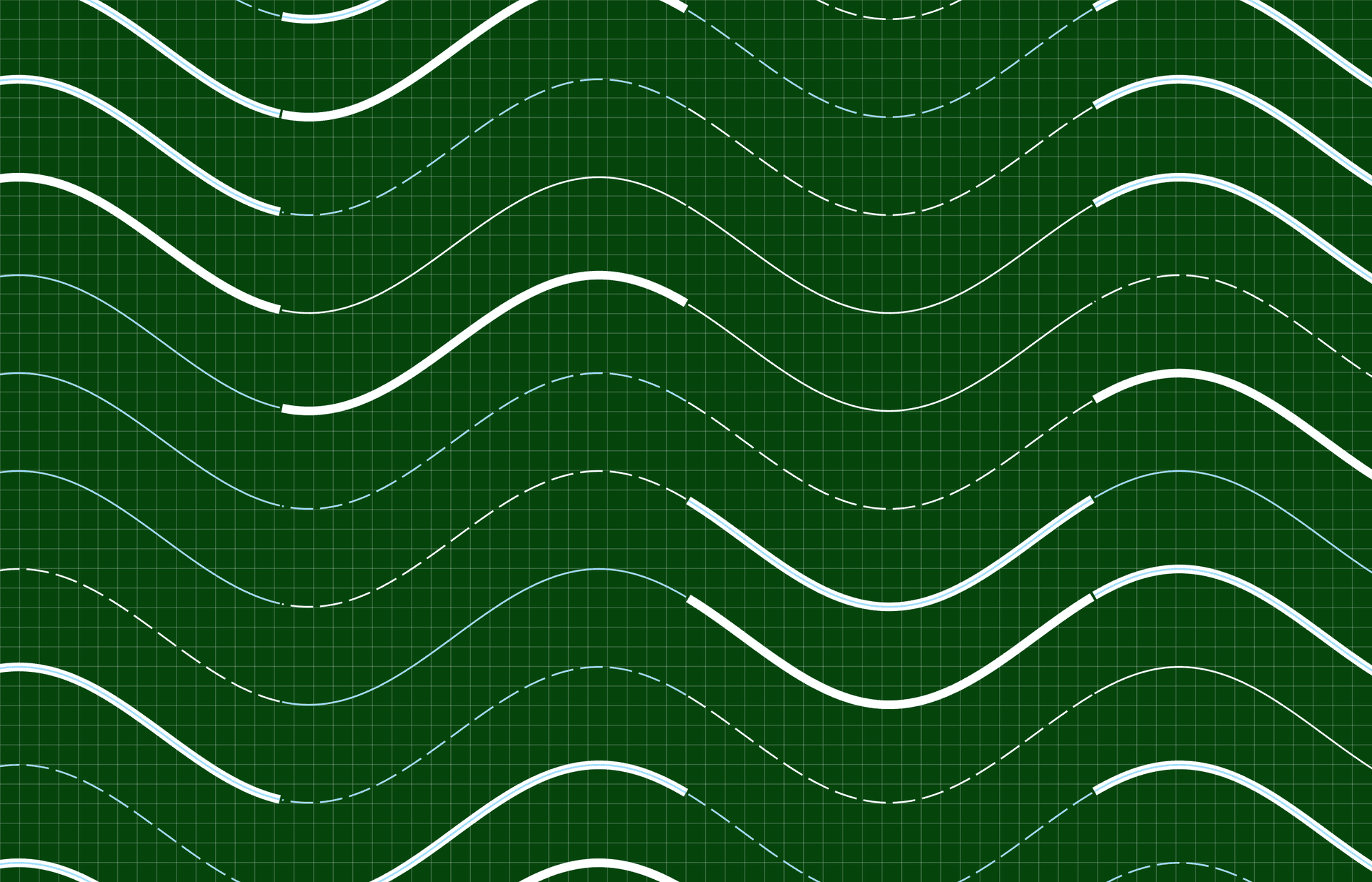Mutual Aid Networks

TL;DR:
Mutual Aid Networks are grassroots funding communities built on relationships, not transactions. Members pool money, skills, time, or goods, and redistribute them where they’re most needed—without formal hierarchies or extractive oversight.
In Web3 and public goods contexts, mutual aid is being adapted into onchain mutual credit systems, trust networks, and solidarity DAOs. These models resist top-down gatekeeping by letting communities define:
- What counts as value
- Who decides where resources go
- How care is recognized and rewarded
While not new (mutual aid has deep roots in Indigenous, abolitionist, and labor movements), digital mutual aid networks introduce tools like:
- Shared multisigs
- Community registries
- Trust-based funding flows
- Reputation layers for access and validation
Mutual aid is about resilience, not scale—supporting those closest to the problem, redistributing risk, and building collective power through care.
Best For
- Local, bioregional, or community-based coordination
- Crisis response, basic needs, or social infrastructure
- Grassroots or under-resourced groups
- Communities aligned with solidarity economics
Good At
- Redistributing resources based on need
- Building trust through direct support
- Operating without institutional overhead
- Supporting care work, emotional labor, and survival tasks
Dependencies / Requirements
- High trust or shared context
- Tools for pooling and distribution (multisigs, wallets, spreadsheets, or dapps)
- Community norms and accountability practices
- Optional: non-monetary value systems (timebanks, barter, mutual credit)
Not Good At
- Scaling rapidly without losing intimacy
- High-velocity technical execution
- Environments requiring strict auditing or formal KPIs
- Top-down grantmaking or institution-led funding
Who Should Use It?
- Communities organizing around shared survival and care
- DAOs or networks supporting non-monetized labor
- Public goods ecosystems with a focus on inclusion and justice
- Builders exploring relational governance and solidarity finance
Example Use Cases
- A local DAO forms a mutual aid wallet for housing, food, and health support—decided by consensus
- A trust network uses mutual credit and peer validation to circulate resources in a refugee solidarity group
- A ReFi community sets up a shared pool to support ecosystem contributors through illness or burnout